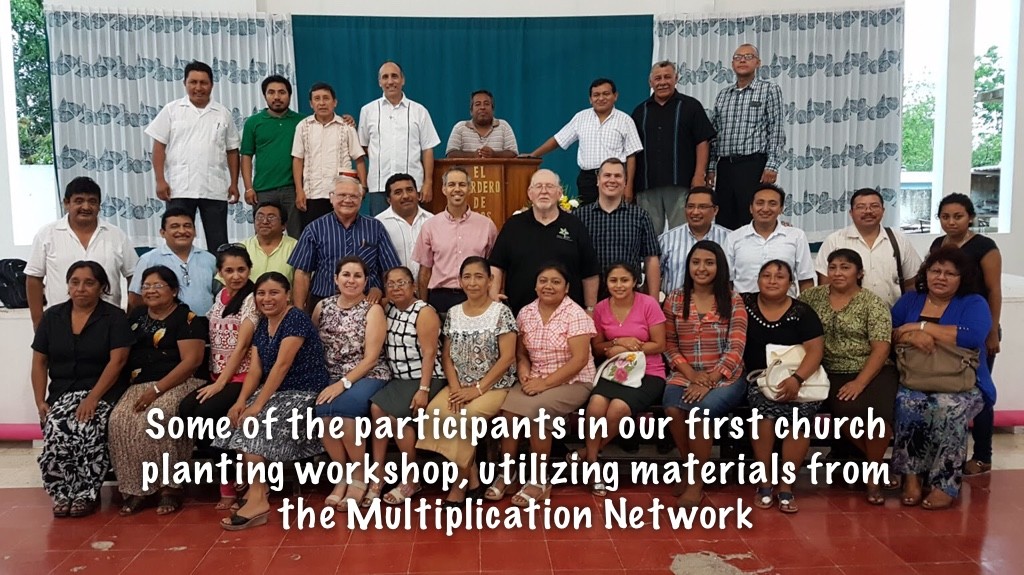In our consideration of the Spiritual Disciplines as treated in the book, Celebration of Discipline, we now turn our focus from service to the Spiritual Discipline of confession. This is also a movement, as the book suggests, from the outward Disciplines of Simplicity, Solitude, Submission, and Service, to the Corporate Disciplines, which include Worship, Guidance, and Celebration, as well as Confession.
Of course, such a categorization of confession may seem strange to some. “Isn’t the confession of our sin a private matter between ourselves and God?” we may ask. Foster affirms this but also points out that the Bible calls for us to confess our sins one to another (James 5:15). He suggests that the reason that many of us struggle with the guilt of our past sins is because we have left this corporate discipline behind as a casualty of the reformation.
As a former catholic, I lament the loss of this spiritual exercise. If there was one thing that has maintained meaning for me in my religious practice after coming to faith in Jesus Christ it is the sacrament, as it is called, of Reconciliation. I remember the catharsis that I experienced as I audibly confessed to another human being the sins that I had committed, and there was a power that I felt as I heard the words of absolution. As I left the booth or the room where I gave my confession, I remember that there would be a lightness in my step, a smile on my face, and a joy in my heart.
Now, I know that confession has been criticized for its abuse, for the idea that comes from a misunderstanding of its purpose that we might sin to our heart’s content just so long as we give confession afterwards, that in this game that we play with God, as long as we follow the rules of giving confession, that he must forgive us. This is an attitude that we must reject. Still we must ask ourselves, do we negate the benefits of modern medicine because there are those who abuse prescription drugs? Do we stop giving to charitable organizations because there are those who have embezzled funds?
Certainly, I’m not advocating a return to empty rituals, I’m inviting us to experience the grace that comes from recovering a neglected Spiritual Discipline. In the days that come, we’ll explore what Richard Foster and the Bible have to say about the Discipline of Confession and we’ll take some time to walk through its practice. I expect it to be uncomfortable, but I hope and pray that, like any exercise, it will bring us benefit from its practice.
What would you say about the Discipline of Confession as we begin? What, if any, experience do you have with its practice? Have you experienced any benefit from it? Have you witnessed its abuse? Share your thoughts with me in the comments section.
Photo credit: “Cathédrale Saint-Étienne de Toulouse – chapelle des reliques – Confessionnal” by Didier Descounes utilized in accordance with a Creative Commons 4.0 license.














